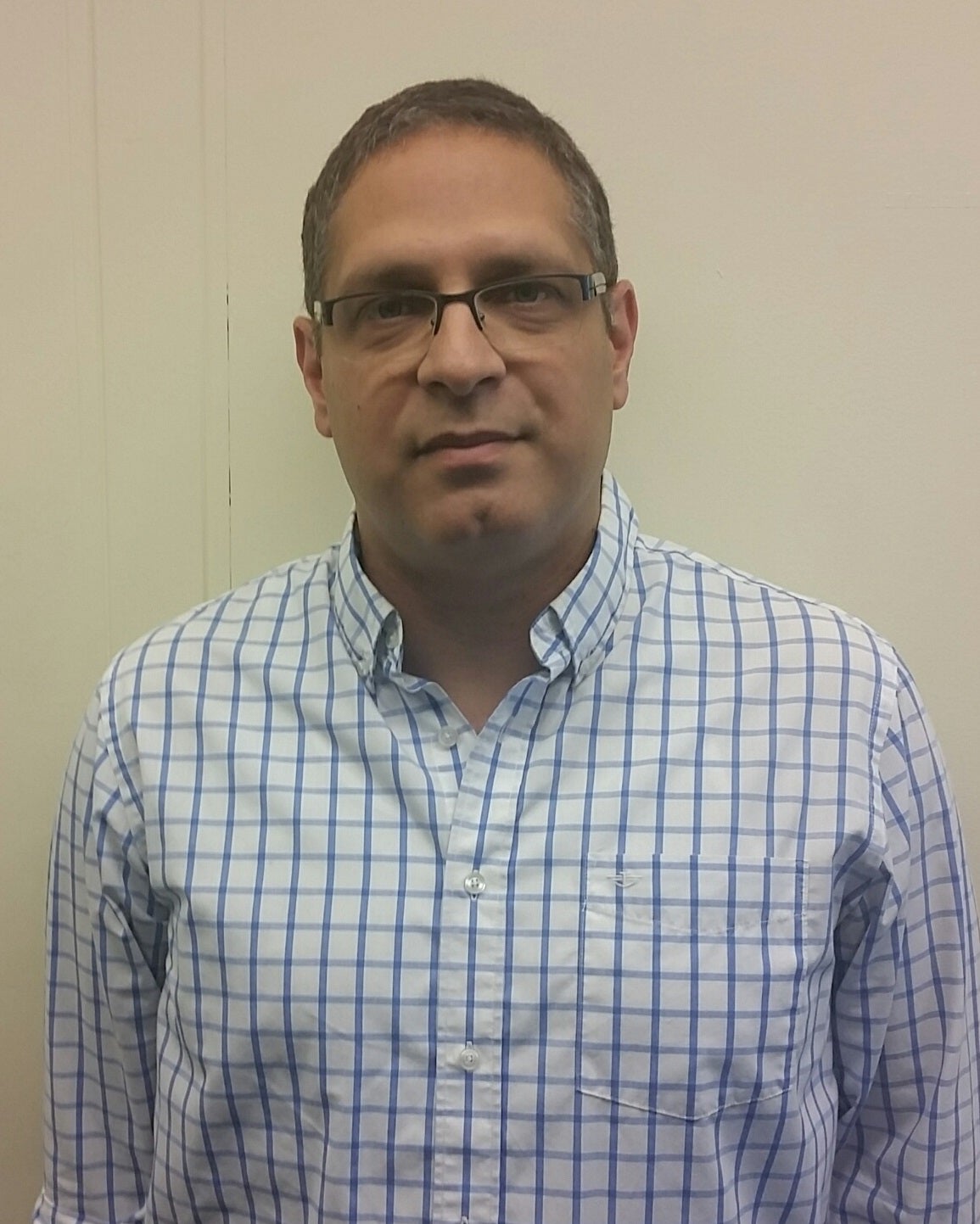
About
Ph.D. State University of New York at Albany, 2004 - Biology
B.S. State University of New York at Albany, 1992 - Biology
Postdoctoral Research & Training
Postdoctoral Researcher, National Institutes of Health, 2005-2010
Postdoctoral Researcher, Wadsworth Center, NYS Department of Health, 2011-2015
Research
Regulation of RNA synthesis is key to the control of gene expression. In bacteria, RNA is synthesized through the process of transcription by the multi-subunit enzyme RNA polymerase (RNAP). For proper initiation of transcription, RNAP must temporarily associate with a specificity subunit known as Sigma factor, to recognize a promoter, the site of transcription initiation. Bacteria can contain several Sigma factors, each differentially activated and responsible for regulating specific sets of genes or regulons. The development of Next Generation Sequencing techniques such as ChIP-seq and RNA-seq have allowed us to map the binding of multiple Sigma factors across the bacterial genome and determine, at unprecedented resolution, the regulons for each. Unexpectedly, Sigma factor binding and transcription initiation are pervasive; a large fraction of Sigma binding sites occur inside genes. This is contrary to the “textbook” view where promoters are located in between genes and a short distance away from the genes that they control. The role(s) of these “non-canonical” promoters is a mystery, and the next goal is unravel their function on gene expression and the cell lifecycle.
Microbiology
Genomics
Gene Regulation
Mobile Genetic Elements
Space Biology
Teaching
BIOL 2125 - Introduction to Cellular and Molecular Biology Laboratory
The goal of this course is to gain practical experience with cellular and molecular biology through hands-on experimental techniques. The laboratory exercises are designed to illustrate current concepts in cellular and molecular biology.
BIOL 2500 - Genetics and Evolution
Mechanisms of inheritance in eukaryotes and prokaryotes; genetic mapping, gene expression, cloning and sequencing; quantitative and population genetics, and synthetic theory of evolution.
BIOL 4320 - Microbiology Lab
Microbiology Laboratory will provide hands-on experience for broad training in bacteriology and mycology with emphasis on: microscopy, bacterial growth, and biochemical assays. An investigative component will involve characterization of an unknown bacterium using the analytical tools learned. In addition to laboratory experience and good technique, the course will emphasize written communication with reports in the format of scientific papers. This is a communication-intensive course.
Publications
The following is a selection of recent publications in Scopus. Richard Bonocora has 26 indexed publications in the subjects of Biochemistry, Genetics and Molecular Biology, Biochemistry, Genetics and Molecular Biology, Medicine.